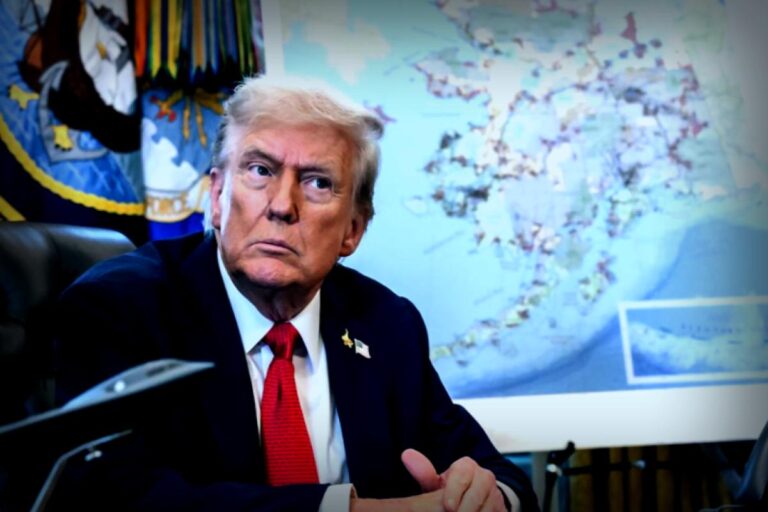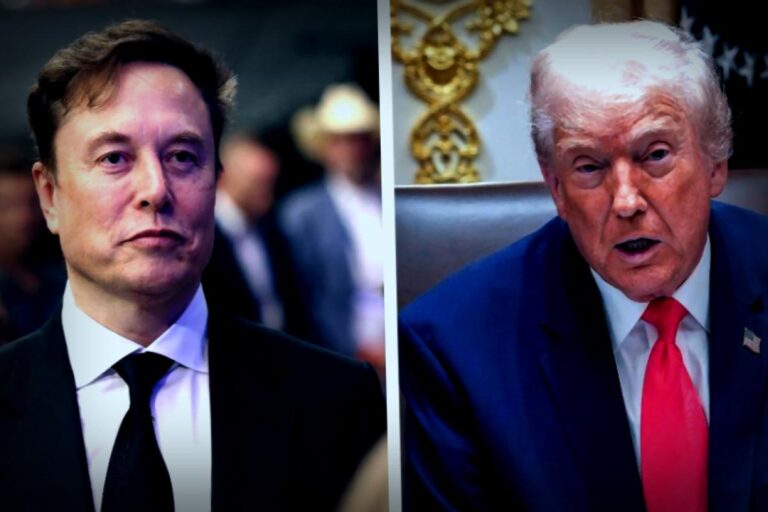GÜIRIA, Venezuela (AP) — Regina Garcia Cano, a dedicated reporter from The Associated Press, has brought to light the tragic lives of men who lost their lives in US military strikes aimed at alleged drug trafficking operations. This in-depth piece reveals the human side of a story often overshadowed by accusations and political narratives.
In her quest for truth, Garcia Cano traveled to several coastal villages along Venezuela’s stunning northeastern coastline—where the ill-fated boats had set sail. Residents and family members shared their perspectives, emphasizing that while these men participated in drug trafficking, they shouldn’t be labeled as narco-terrorists, as the Trump administration suggested.
The reports show that most of the nine men had only recently started their journeys on these boats, earning around $500 per trip. Among those who perished were a fisherman, a struggling bus driver, a former military cadet, and a local crime figure, alongside laborers and a motorcycle driver.
This article features an insightful exchange between Garcia Cano and Del Quentin Wilber, her editor overseeing the investigation.
What Sparked Your Investigation Into This Story?
After the initial US military strike, I ventured to Venezuela’s Paria Peninsula. My main objective was to identify the 11 individuals who were tragically killed. I left feeling informed about the situation but lacking specific names, as many locals were too scared to discuss the events. Even before my flight took off from Caracas, I had decided I needed to return soon to gather more details.
I’m driven to uncover the identities of these men because of the contrasting narratives put forth by the US and Venezuelan governments regarding the military actions. While the US has remained tight-lipped about the victims, Venezuela has equally withheld information.
What Challenges Did You Face While Reporting?
Alongside AP’s video journalist Juan Arraez, we ran into significant barriers, particularly with sources who were genuinely terrified of repercussions from the Venezuelan government for speaking out.
Political repression in Venezuela isn’t a new issue, but it has significantly escalated since last year’s presidential elections, during which President Nicolás Maduro was declared the winner despite clear evidence indicating otherwise. In the aftermath, over 2,000 people were detained, some merely for posting critical comments on social media.
Families of the deceased felt particularly anxious about communicating with the AP, as state police and intelligence officials had raided their homes shortly after their loved ones’ deaths.
Your Observations During the Visit
Besides the pervasive fear among the people, I was struck by the rampant poverty observed throughout the region. We’re talking about boarded-up businesses, dilapidated homes, and lengthy queues of vehicles waiting for fuel, all underscoring a crumbling infrastructure. Yet, the breathtaking beauty of Venezuela’s landscape was undeniable.
How Did You Authenticate the Information You Received?
We conducted thorough conversations with numerous individuals across various communities who were familiar with the victims’ lives at different stages. Social media activity and publicly accessible data were instrumental in confirming some claims.
What Stood Out to You the Most?
The overwhelming diffidence surrounding these events has left a profound mark on the villagers’ lives. Families haven’t been able to grieve their loved ones properly, as the government refrains from confirming the deaths and may even retaliate against those attempting to hold funerals.
I personally understand the significance of mourning; having lost loved ones recently has shown me the crucial role these rituals play in processing grief. These families may be deprived of that essential closure.
Some relatives shared their heartbreak over this unsettling ambiguity surrounding their losses.


















